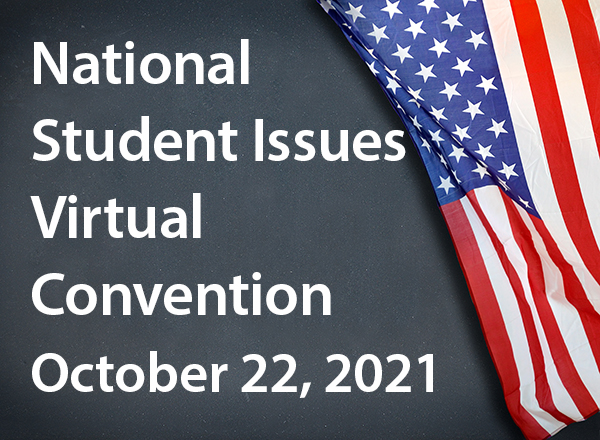Students chose climate change and health care as most important issues

More than 250 college and university students from 10 states met virtually Oct. 22 at the National Student Issues Convention, which was hosted by HFC. They voted that climate change and health care are the two most important political issues in the upcoming election on Tuesday, Nov. 2.
After small group Zoom discussions where more than 15 issues were debated, students selected climate change as their top concern. The other top issues in order of voting include:
- Criminal justice reform
- Education
- Racism
"The COVID-19 pandemic dictated that the National Student Issues Convention be conducted via Zoom," said HFC political science professor Dr. Anthony D. Perry. "When the convention was called to order, we began with all the students and faculty advisors linked in one live Zoom session. We then broke into 15 separate small group sessions and then regrouped again in a general assembly session.”
"In small group Zoom sessions, the students were given an opportunity to advocate for the issue they deemed most important. The final top issues and their careful discussion demonstrate the serious commitment of all students to critical issues facing the country,” said Dr. Dick W. Simpson, a political science professor at the University of Illinois at Chicago and one of the convention’s three coordinators.
The student issues were then addressed directly by Illinois State Representative Theresa Mah and Wayne County Commissioner David Knezek, a former Michigan State Senator and former Member of the Michigan House of Representatives. Both Mah and Knezek promised to promote the students’ concerns in their respective states. They also coached students on how to have a political impact on the issues they cared about the most.